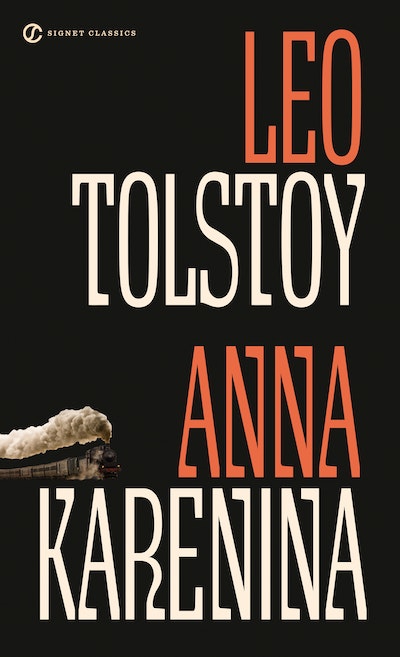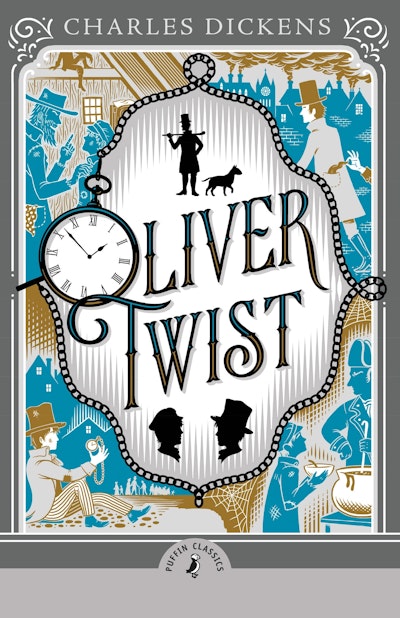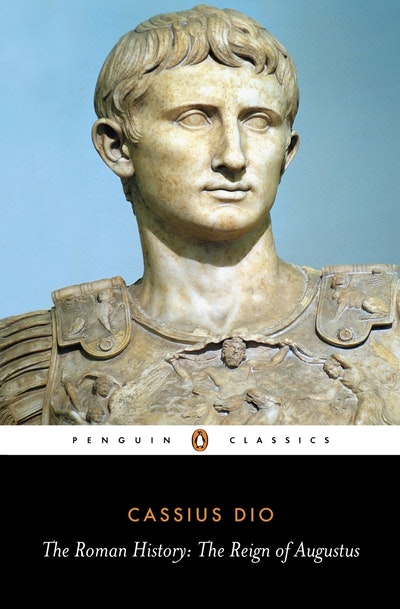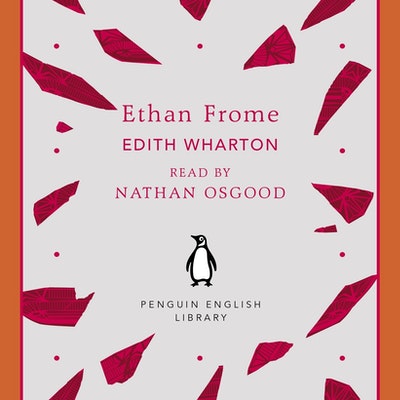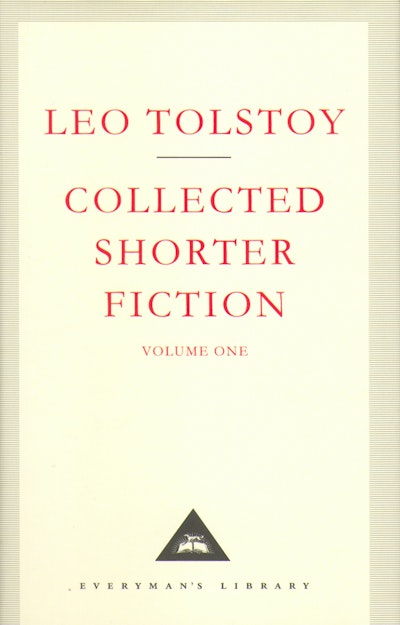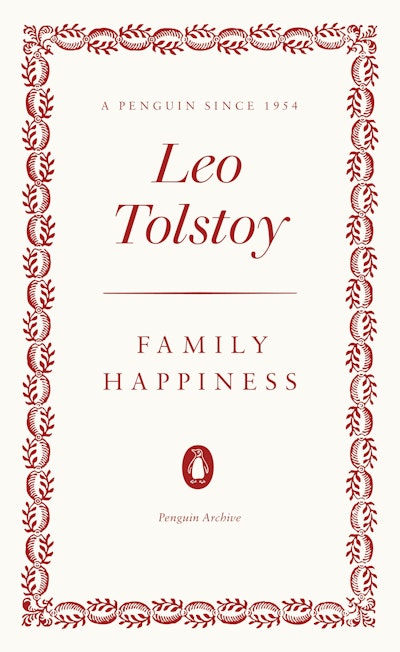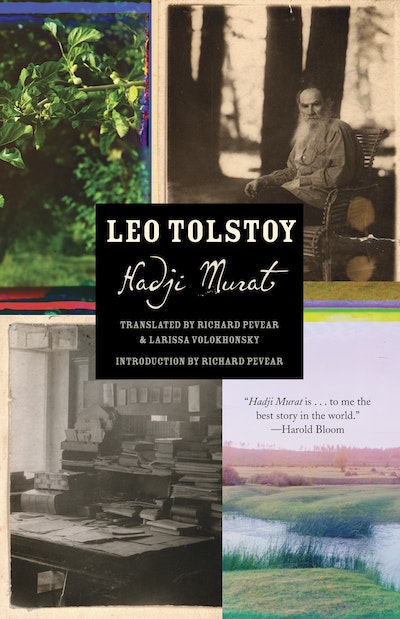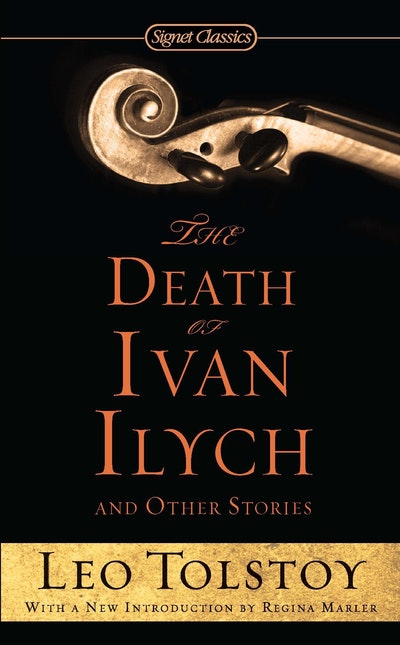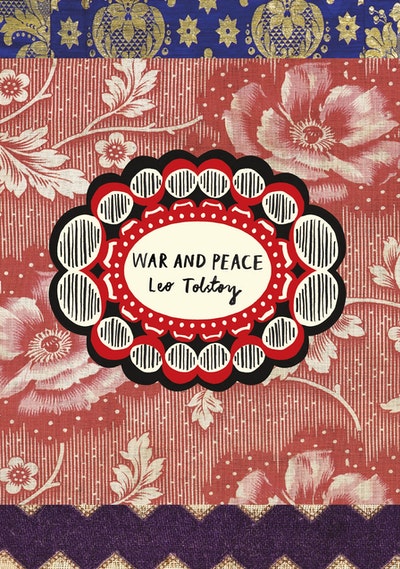- Published: 14 April 2005
- ISBN: 9780451528612
- Imprint: Signet
- Format: Paperback
- Pages: 960
- RRP: $17.99
Anna Karenina
'The greatest love story I've ever read' Andrew Davies
Leo Tolstoy's evocative tale of doomed love—one of the greatest novels of the nineteenth century.
Anna Karenina startled the world with its powerful portrayal of the human need for love and purpose. In a story that brings to vivid life nineteenth century Russia across various social classes, Anna renounces a respectable yet stifling marriage for a passionate affair that weighs her happiness against her love for her son, her family’s status and the rigid demands of society. Her story contrasts with that of Levin, a young self-doubting agnostic who takes a different journey to fulfillment and finds faith and satisfaction in an age of repression.
Considered one of the greatest novels of the nineteenth century, Anna Karenina has been called Tolstoy’s spiritual autobiography. Anna and Levin personify Tolstoy’s lifelong struggle to reconcile his physical desires and intellectual ideals in order to create a more meaningful existence.
Translated by David Magarshack
Includes an Introduction by Priscilla Meyer
- Published: 14 April 2005
- ISBN: 9780451528612
- Imprint: Signet
- Format: Paperback
- Pages: 960
- RRP: $17.99
Other books in the series
Related titles
Discover more
Some of the biggest burns from classic literature.
